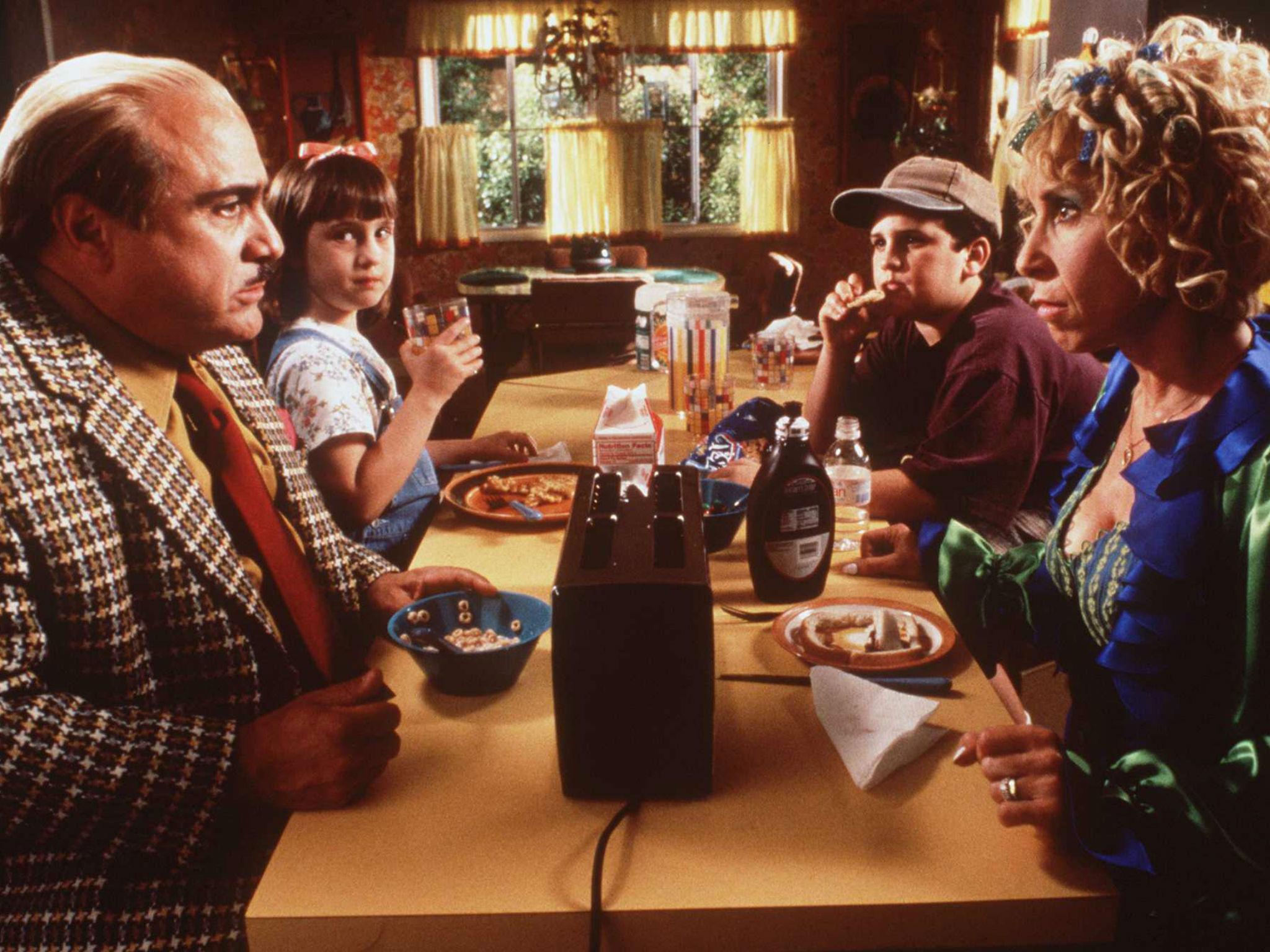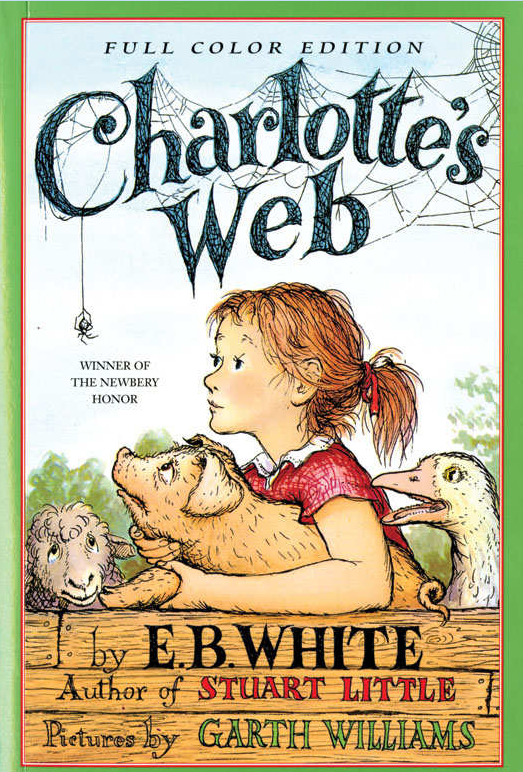Children's books with human characters have 'a bigger moral impact than animals'
Children were found to be more generous when books about morals that featured human protagonists were read to them

Your support helps us to tell the story
From reproductive rights to climate change to Big Tech, The Independent is on the ground when the story is developing. Whether it's investigating the financials of Elon Musk's pro-Trump PAC or producing our latest documentary, 'The A Word', which shines a light on the American women fighting for reproductive rights, we know how important it is to parse out the facts from the messaging.
At such a critical moment in US history, we need reporters on the ground. Your donation allows us to keep sending journalists to speak to both sides of the story.
The Independent is trusted by Americans across the entire political spectrum. And unlike many other quality news outlets, we choose not to lock Americans out of our reporting and analysis with paywalls. We believe quality journalism should be available to everyone, paid for by those who can afford it.
Your support makes all the difference.Children's books that feature humans are more likely to have a greater moral impact than those with animals, a study has found.
Research published by the University of Toronto’s Ontario Institute for Studies in Education (OISE) found that human protagonists are required to change behaviour, the Guardian reports.
In the study, one of three stories were read to almost 100 children between four and six years old: Mary Packard’s Little Raccoon Learns to Share, in which anthropomorphic animals learn that sharing makes you feel good; a version of the story where animal illustrations were replaced with human characters; or a control book about seeds.
Before the story was ready to them, each child chose 10 stickers to take home and were told that an anonymous child would not have any stickers to keep.
It was suggested to the children that they could share their stickers by putting them in an envelope for the anonymous child when the supervisor was not looking.
After they had been read the story, the children were allowed to choose another 10 stickers, and again asked to donate to the stickerless child.
The study, which has just been published in the journal Developmental Science, found that those children who were read the book with human characters became more generous with the stickers.
In contrast, there was "no difference in generosity between children who read the book with anthropomorphised animal characters and the control book; both groups showed a decrease in sharing behaviour".
Patricia Ganea, associate professor of early cognitive development at OISE, said that while “a growing body of research has shown that young children more readily apply what they’ve learned from stories that are realistic … this is the first time we found something similar for social behaviours”.

“The finding is surprising given that many stories for young children have human-like animals,” she said.
"We should consider the diversity of story characters and the roles they are depicted in,” she said.
Follow Independent Culture on Facebook
Join our commenting forum
Join thought-provoking conversations, follow other Independent readers and see their replies
Comments